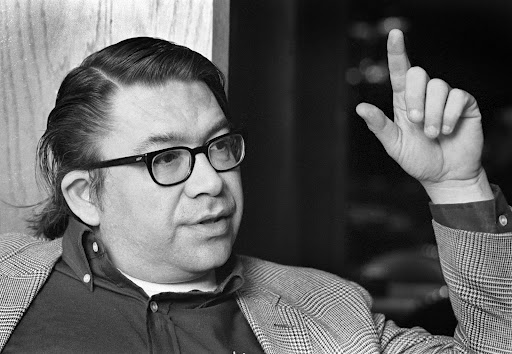Meriweather
Not all who wander are lost
- Oct 21, 2014
- 17,331
- 3,571
- 165
Despite differences, could all faiths unite? What are the great differences, and how might they be overcome so we might worship together?
Follow along with the video below to see how to install our site as a web app on your home screen.

Note: This feature currently requires accessing the site using the built-in Safari browser.
Perhaps I should have asked, Despite differing beliefs, how can we make worshiping together happen?no. that can't happen.
Sounds kind of John Lennonish...Perhaps I should have asked, Despite differing beliefs, how can we make worshiping together happen?
Let's start with the three Abrahamic faiths. How might we come together?
This is an interesting thought. The more there are of us, the further apart we become, possibly not only in religion, but in politics, and education, as well.To many humans involved...
If so, why wait?In the end times, it will happen.
If so, why wait?

No more than all political partiesDespite differences, could all faiths unite? What are the great differences, and how might they be overcome so we might worship together?
I enjoyed reading your contribution. I am mulling over whether it is the materialistic oriented traditions that are incompatible.This? I very much doubt. The epistemological paradigms which some spiritual traditions inhabit, seem. . . incompatible with the materialistic oriented traditions. Even the more Gnostic traditions in the west would balk at such notions.
One true God, so that is whom we worship, but obviously different perspectives.You may worship any god you choose. I will not bother you. That is between you and your god and your God. But. don't ask me to come together with anyone to worship any god other than the One True God.
I enjoyed reading your contribution. I am mulling over whether it is the materialistic oriented traditions that are incompatible.


 www.wnd.com
www.wnd.com
It happens already between people of good will. I've experienced it.Perhaps I should have asked, Despite differing beliefs, how can we make worshiping together happen?
Let's start with the three Abrahamic faiths. How might we come together?